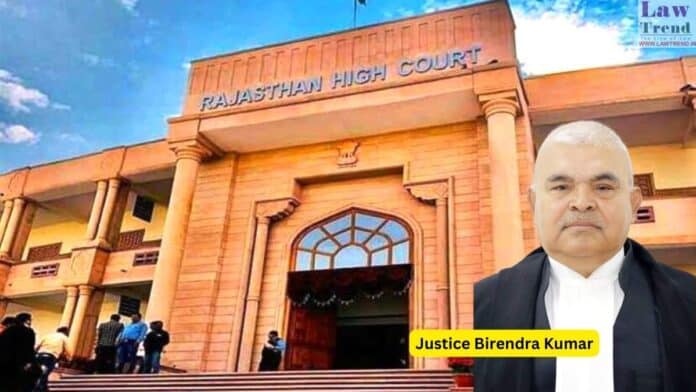In a noteworthy ruling, the Rajasthan High Court has dismissed charges under the Scheduled Caste and Scheduled Tribe (Prevention of Atrocities) Act, 1989, in the case of Achal Singh & Ors. v. State of Rajasthan & Anr., stating that terms such as “Bhangi” and “Neech,” as alleged by the prosecution, do not automatically signify caste-specific
To Read More Please Subscribe to VIP Membership for Unlimited Access to All the Articles, Download Available Copies of Judgments/Order, Acess to Central/State Bare Acts, Advertisement Free Content, Access to More than 4000 Legal Drafts( Readymade Editable Formats of Suits, Petitions, Writs, Legal Notices, Divorce Petitions, 138 Notices, Bail Applications etc.) in Hindi and English.




